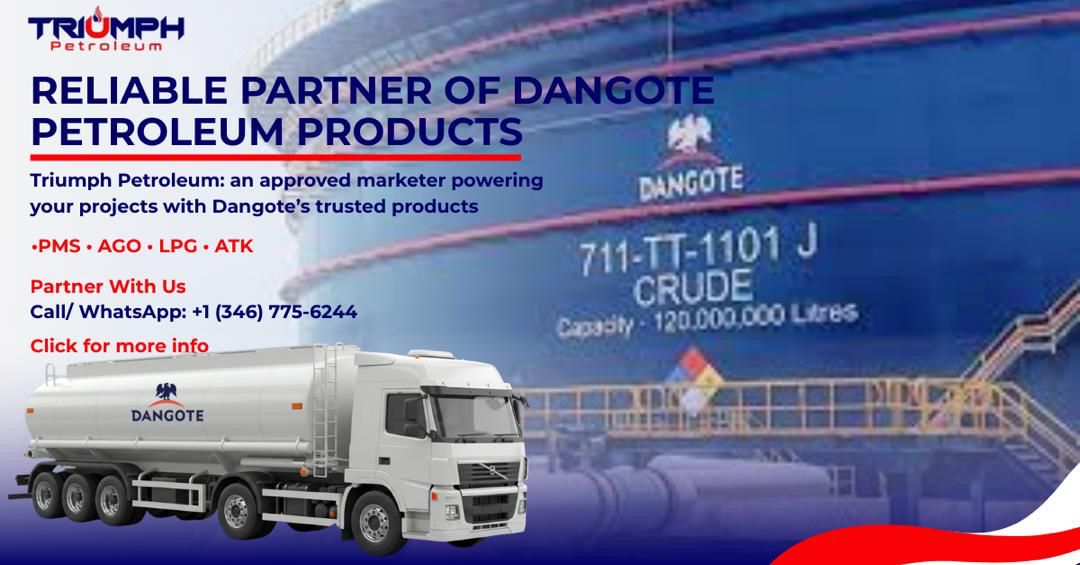Nigeria faces growing uncertainty in its domestic liquefied petroleum gas (LPG) market, with industry insiders warning of an imminent supply crunch.
Before the Dangote Refinery entered the market, the country relied on domestic output from NLNG and imports from independent marketers. That dynamic shifted in January 2025, when Dangote aggressively slashed prices, undercutting rivals and pushing them out of the market, including NLNG.
Over the past eight months, this strategy positioned Dangote as the dominant, and effectively the sole, LPG supplier in Nigeria. However, the refinery has now stopped producing and supplying LPG. Sources remain unclear about the reasons, leaving the market exposed and vulnerable.
Market Risks
Other suppliers remain hesitant to re-enter the market, fearing they could once again be priced out if Dangote resumes output. If importers decide to step in, industry players estimate it would take two to three weeks for cargoes to land. That lag risks creating a temporary supply gap, which has already started to drive price volatility.
Wider Implications
The development highlights the systemic risks of market concentration. Analysts note that while Dangote’s pricing strategy initially reduced consumer costs, it also eroded competition and entrenched a near-monopoly. The current disruption provides a troubling preview of how similar dominance could play out in the premium motor spirit (PMS) market, where supply security is even more critical.
The episode underscores the fragile balance within Nigeria’s downstream sector and raises questions about the broader economic risks of a monopolistic supply structure.











